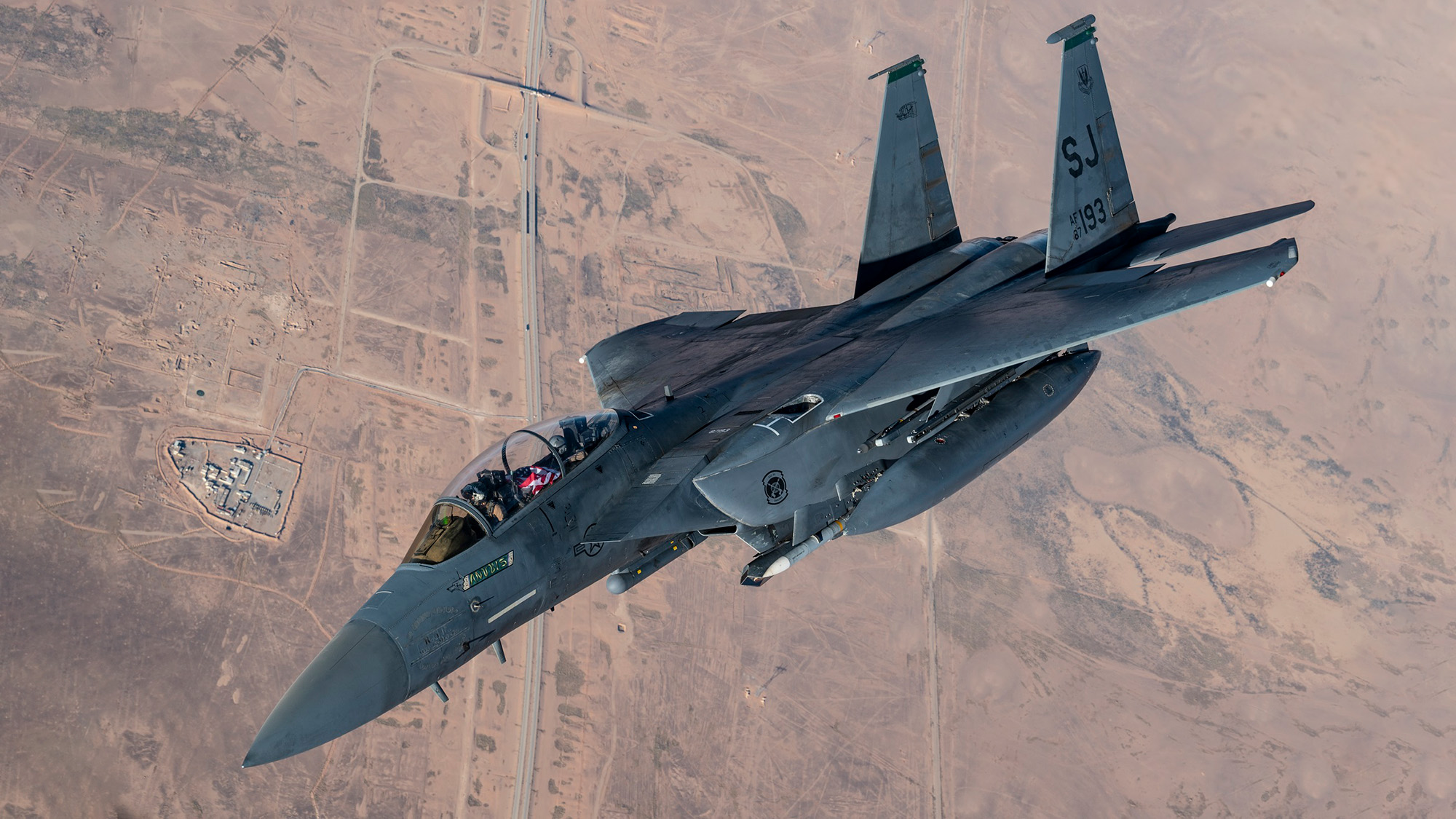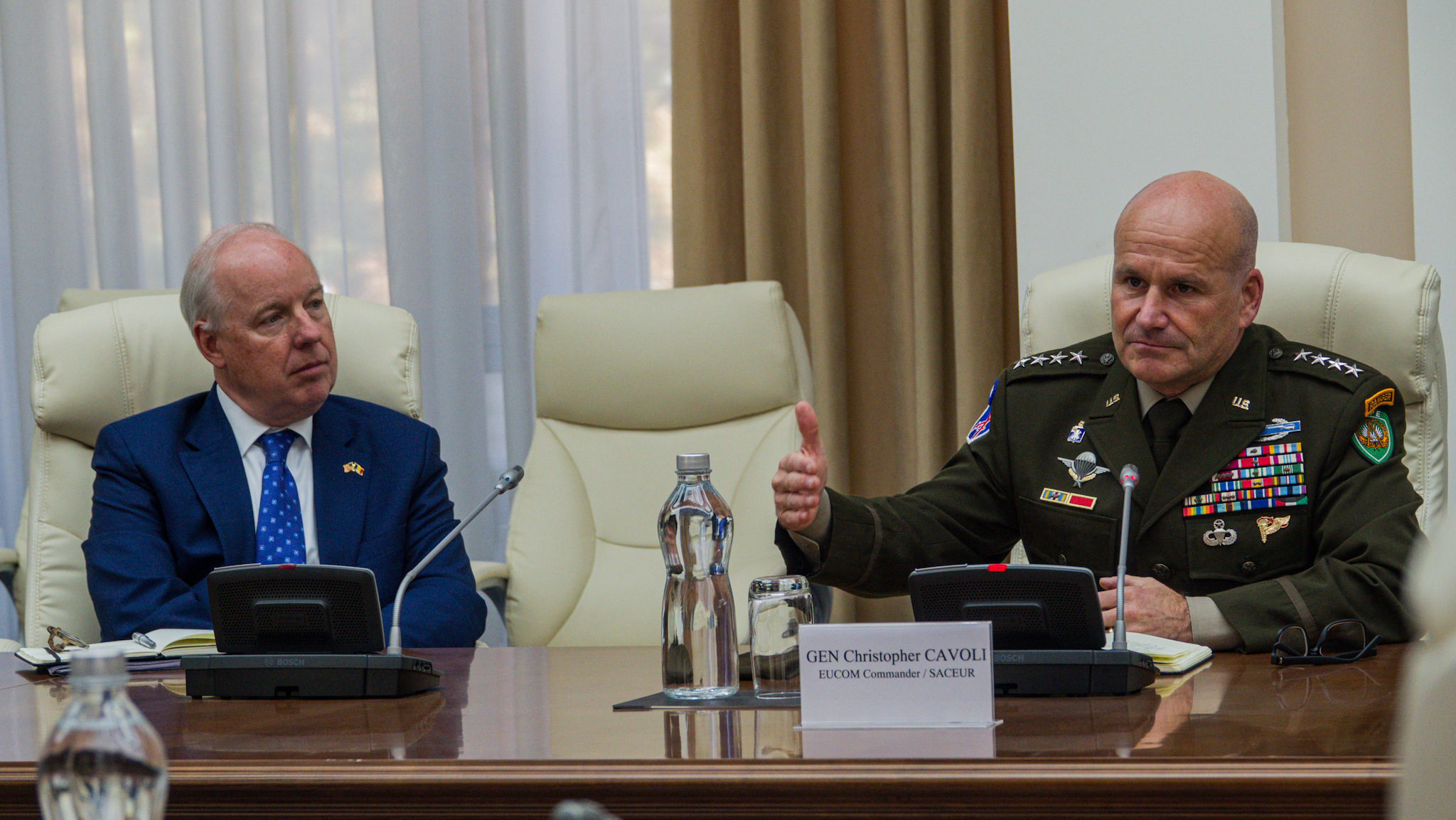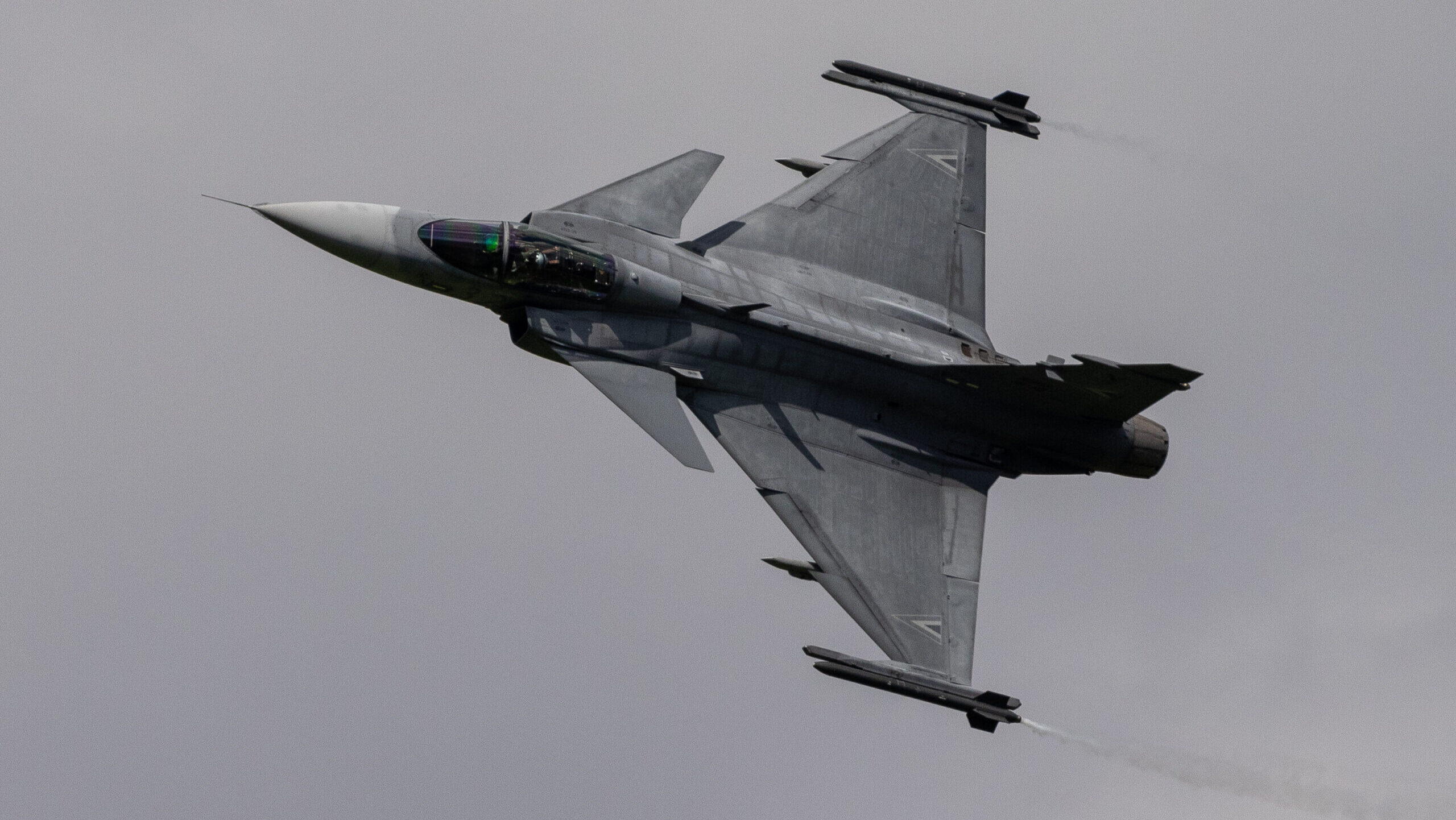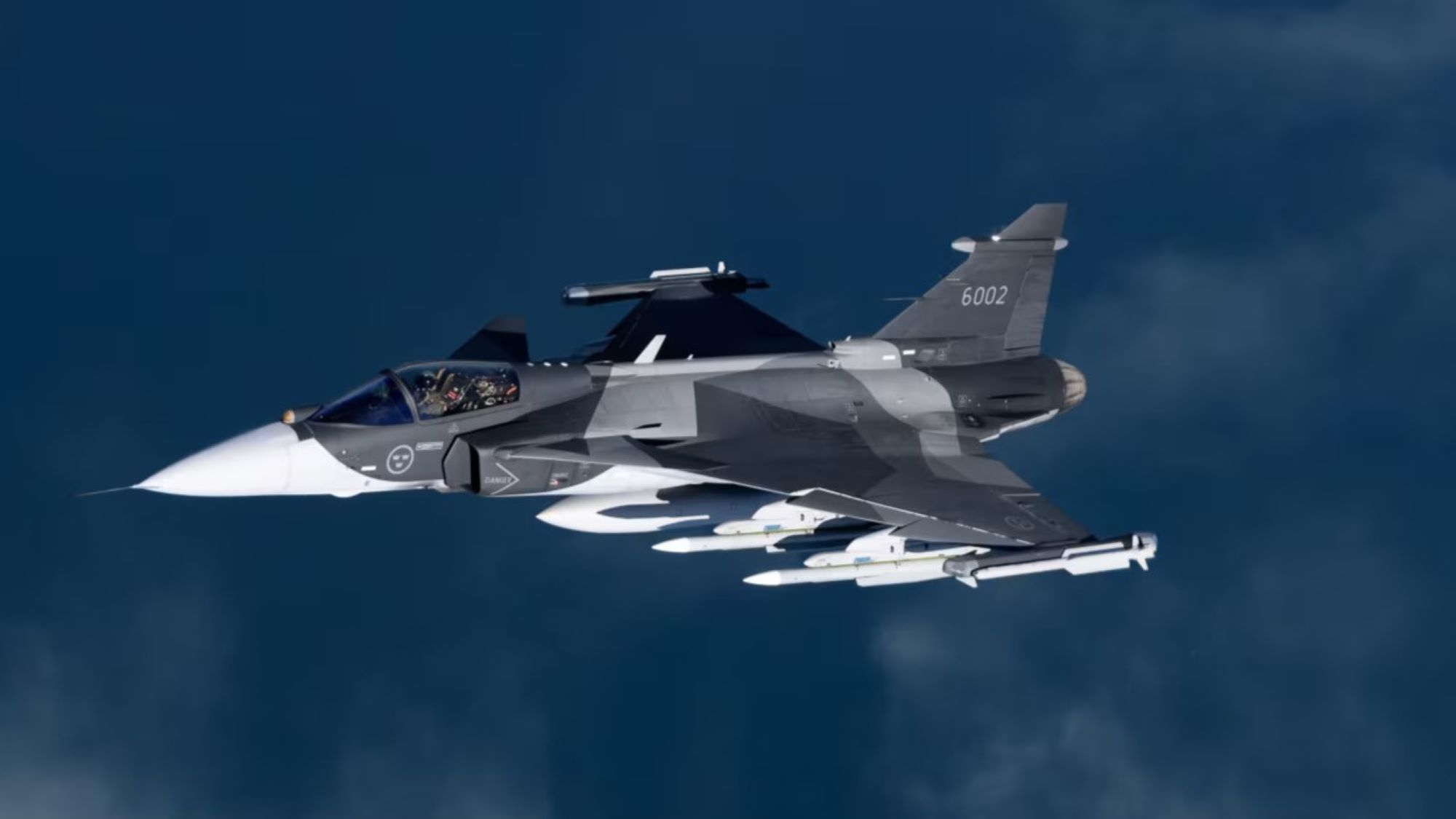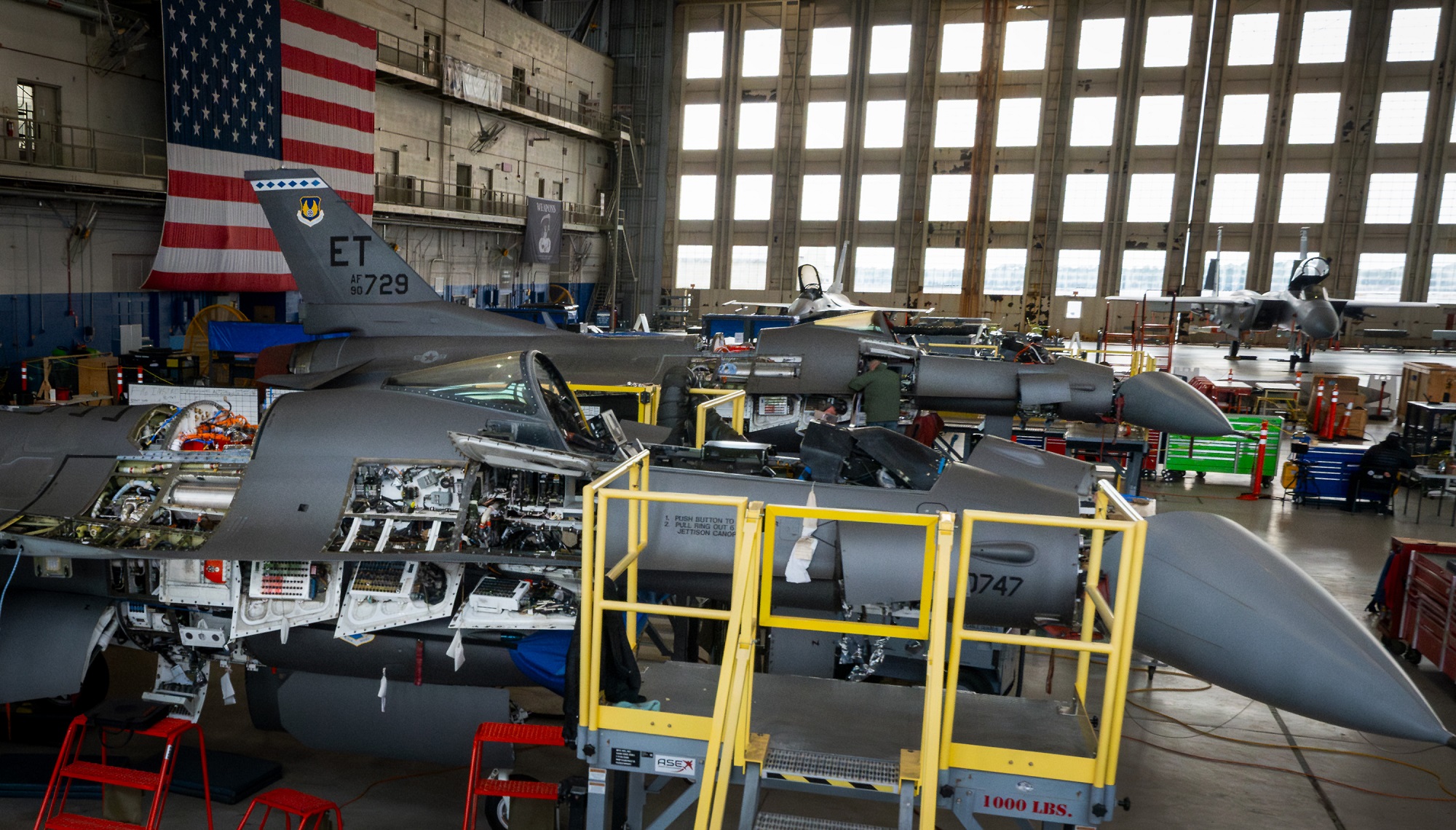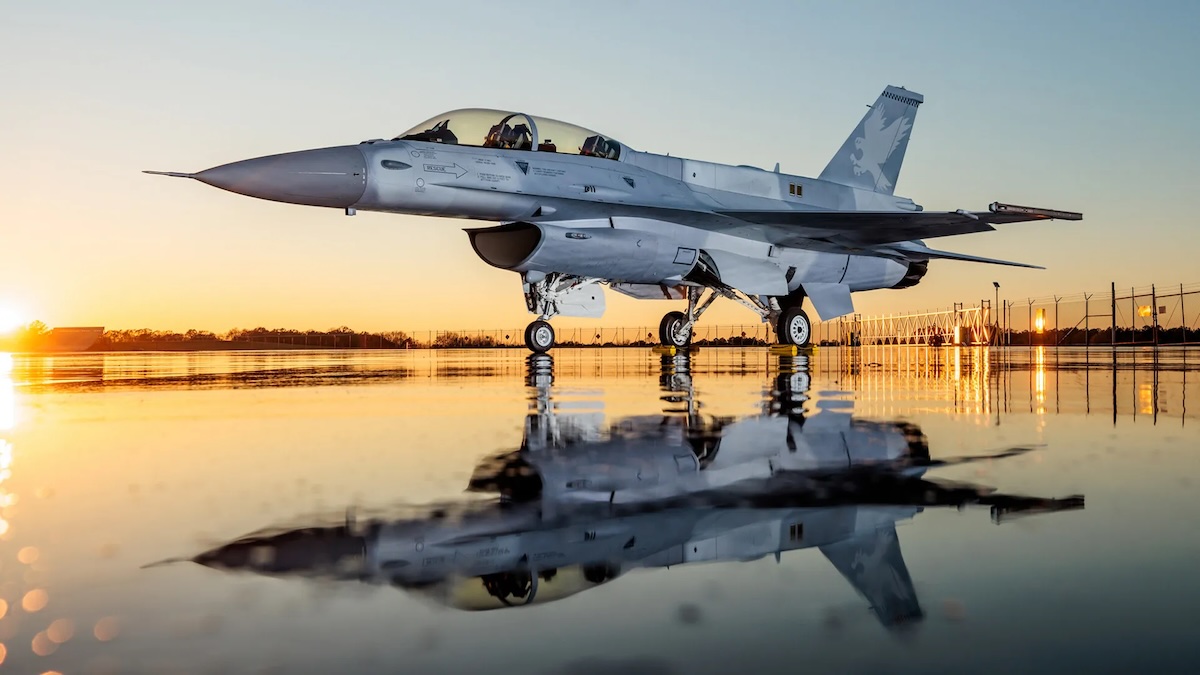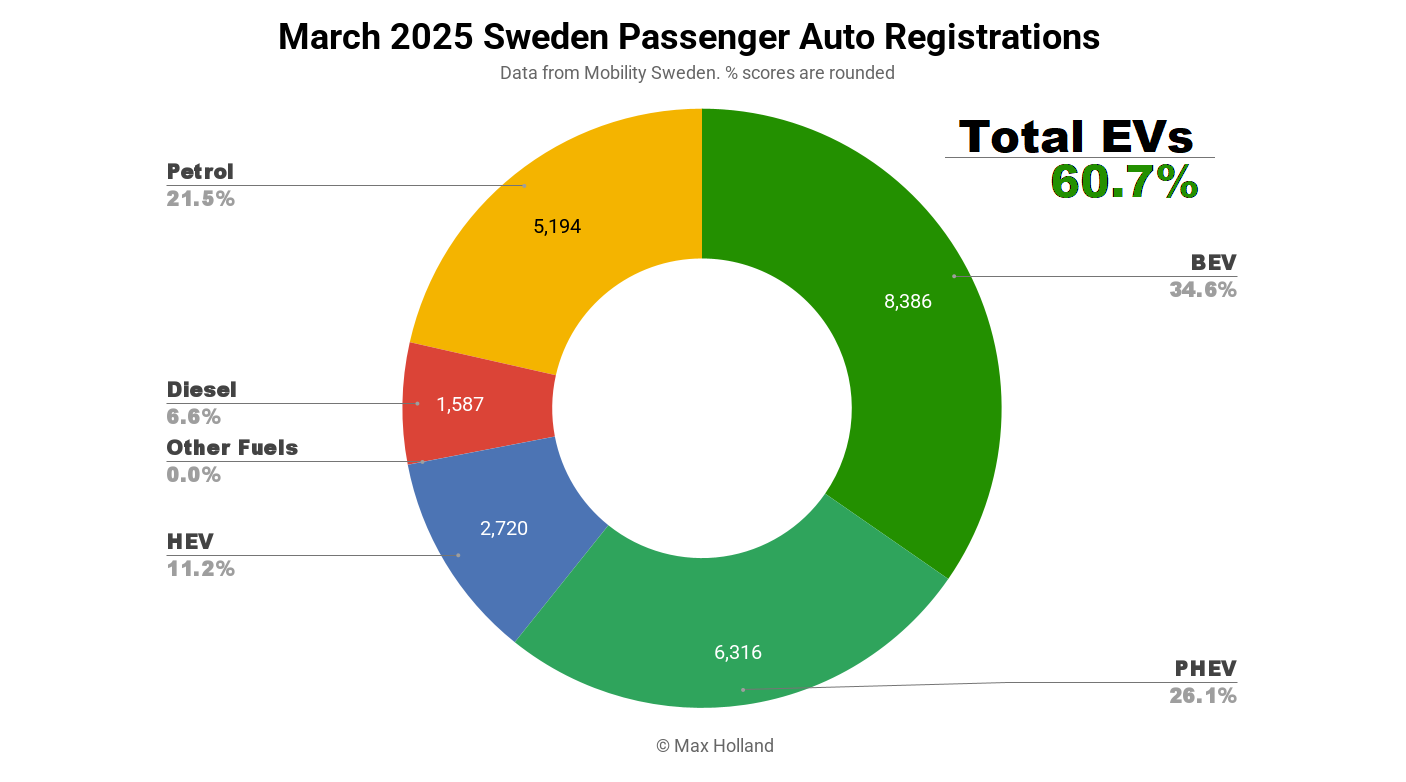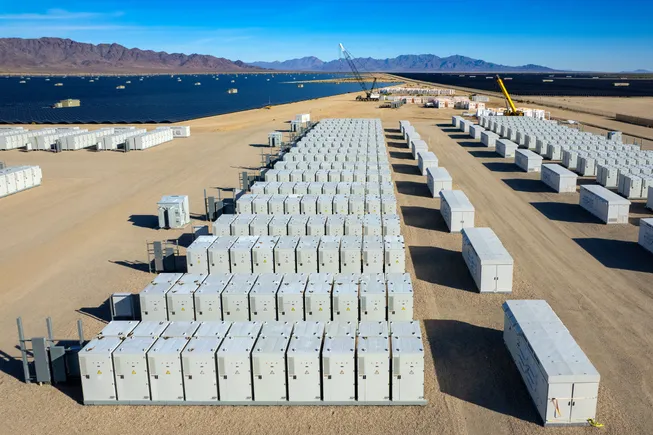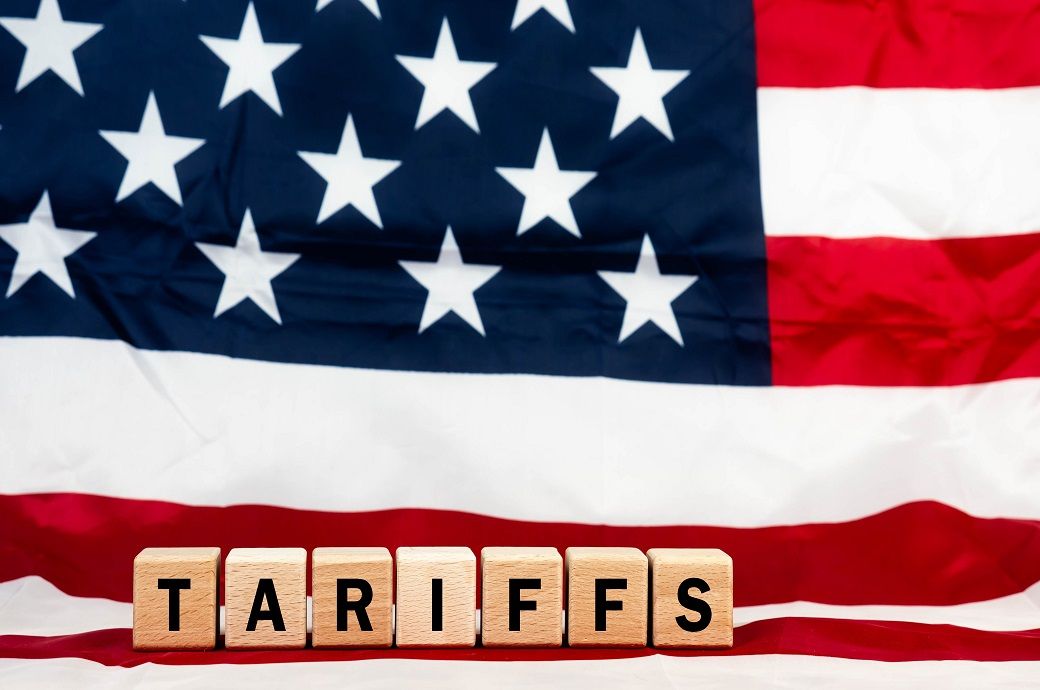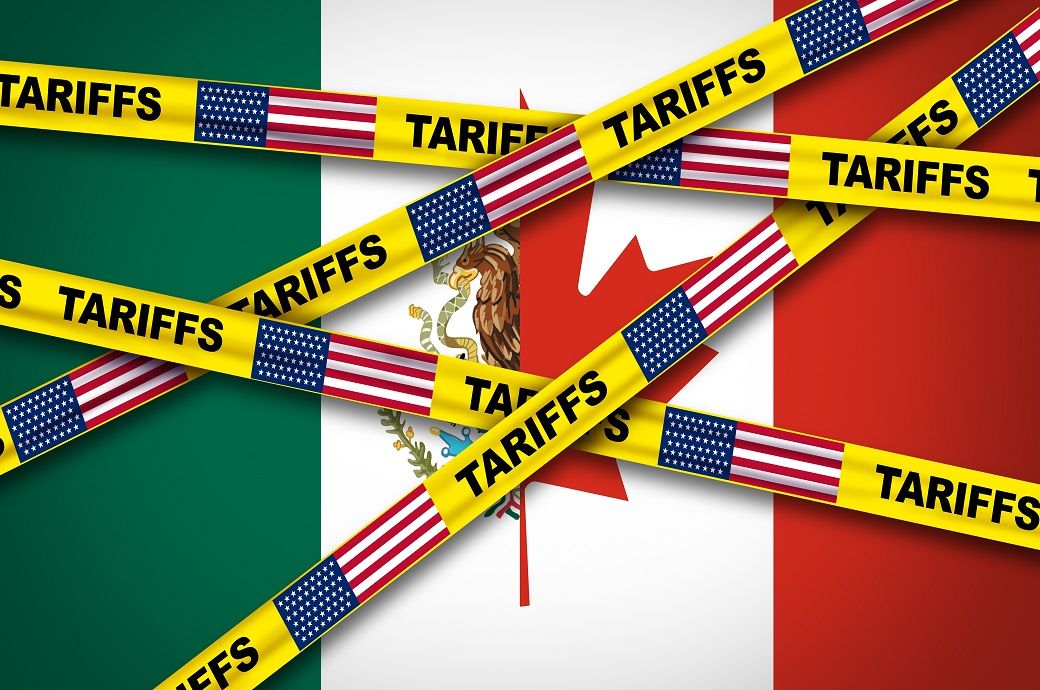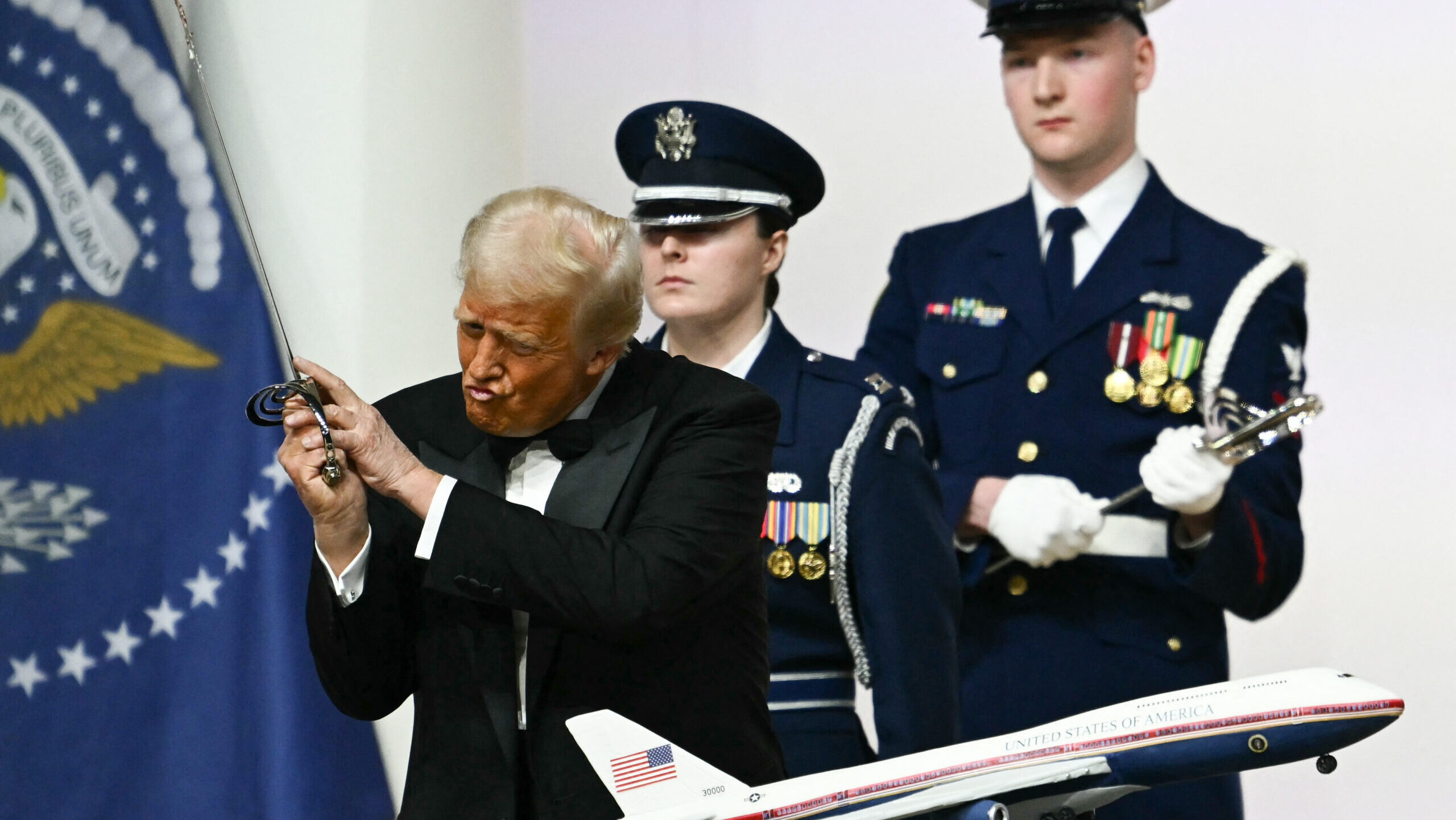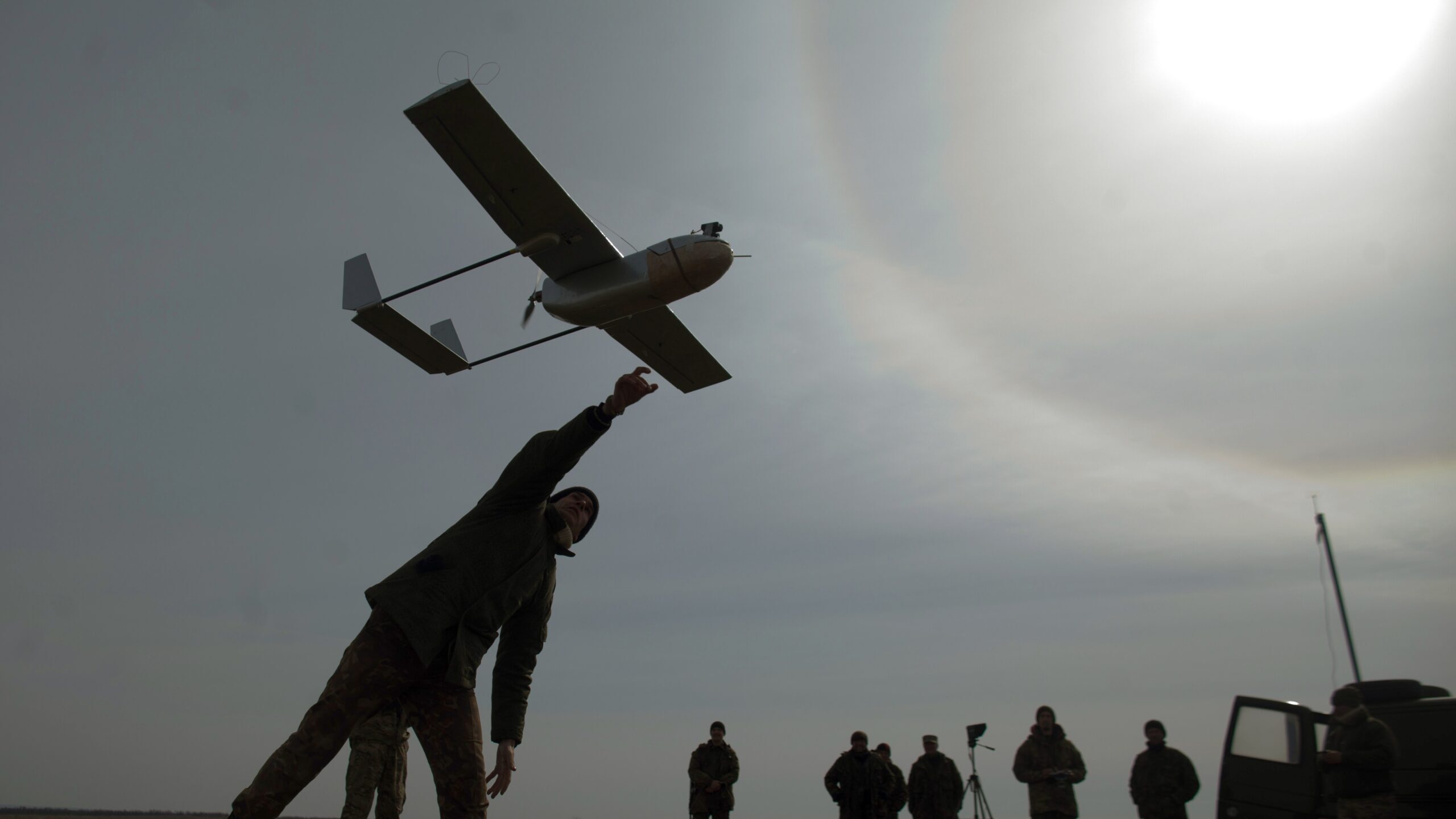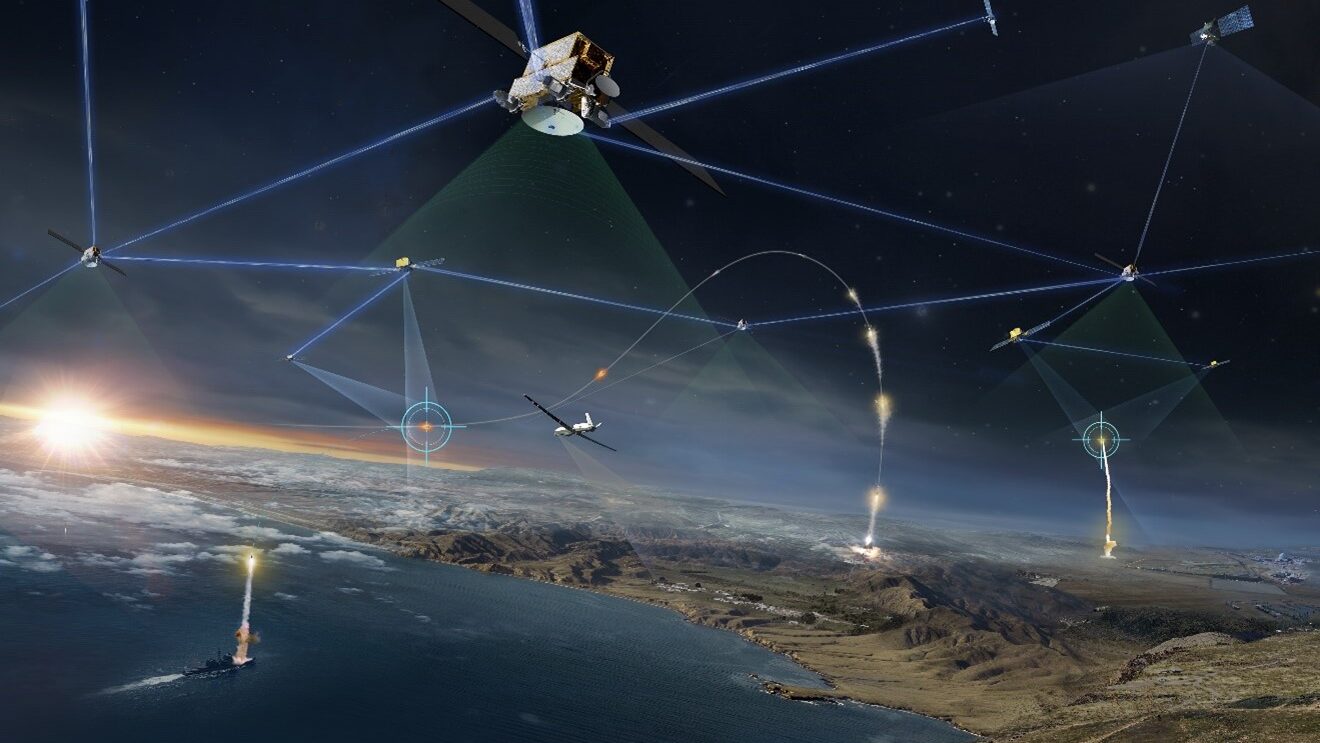Space Force’s Saltzman: US national security space policy ‘lagging’ needs
“[W]e restrain ourselves from doing what is needful to avoid creating improper perceptions of ‘weaponizing space.’ In reality, space has been weaponized for at least two decades, and our slowness to absorb that reality has held back our progress,” Space Force chief Gen. Chance Saltzman said today.

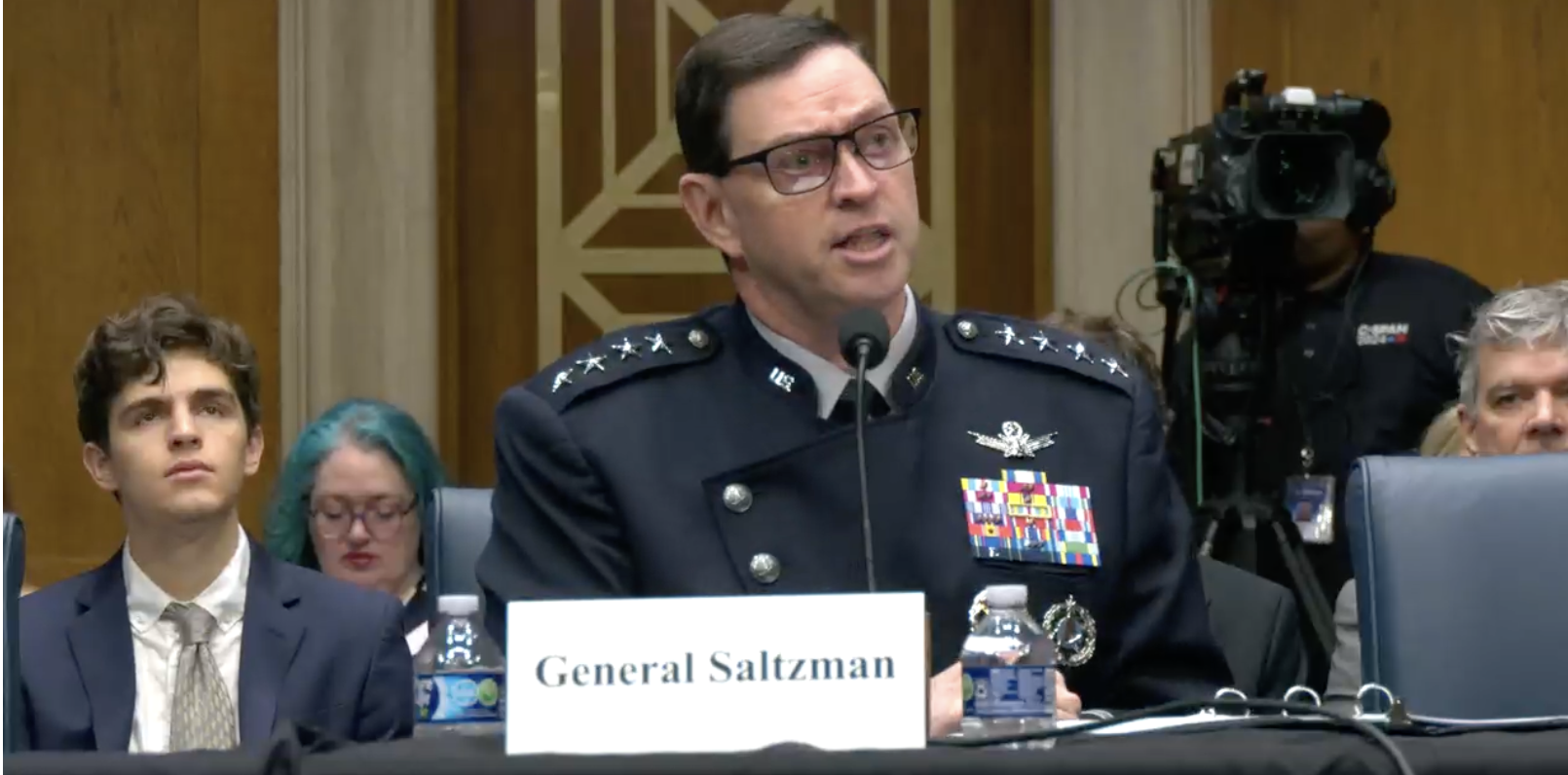
Chief of Space Operations Gen. Chance Saltzman testifying to the US-China Economic and Security Review Commission, April 3, 2025. (Screengrab)
WASHINGTON — A lack of high level US government attention to crafting national security space policy is creating constraints on the Space Force’s ability to quickly evolve to counter today’s threats, particularly from China’s growing space power, says Chief of Space Operations Gen. Chance Saltzman.
“I just feel like we’re lagging in the importance of establishing declaratory policy, you know, and establishing the kind of policies we need to move fast,” he told the US-China Economic and Security Review Commission, a bipartisan congressional advisory group, in a hearing today.
“Space has been a little bit out of sight, out of mind — literally out of sight, out of mind — and so it just hasn’t risen to the level where serious policy considerations need to be,” Saltzman said.
Thus, he explained, the Space Force often has to petition up the chain of command to garner adjustments to national security policy on a case-by-case basis, including simply for “putting resources into a particular kind of capability.”
One example, he said, is that the Space Force still has “to go to very high levels of approval to do some of the basic op things that you would think are just normal operations: testing, tactics, development, training. We do that all in simulation, not in actual live practice.”
Saltzman elaborated in his written testimony that in some cases the US government and the Defense Department continue to “struggle with overly restrictive space policy and outdated ways of thinking” — hampering the Space Force’s ability to do what it needs to do to counter the growing threats to US space assets, especially from China.
In particular, he argued, “we restrain ourselves from doing what is needful to avoid creating improper perceptions of ‘weaponizing space.’ In reality, space has been weaponized for at least two decades, and our slowness to absorb that reality has held back our progress.”
He also reiterated the long-time concern among military brass and experts about DoD policies with regard to the classification status of all things space.
“We struggle with significant over-classification challenges, which impede us from sharing essential information across the Joint Force, with potential industry partners, and with allies and partners. While we have advocated strongly for increased authorities to reduce classification where reasonable, change has been slow and bureaucratic, with a continued emphasis on ‘need to know’ rather than a more progressive ‘need to share.'”
As he has done numerous times in recent months, Saltzman stressed his worries that the Space Force does not have the resources it needs to be able to achieve what the service sees as its fundamental mission: establishing space superiority.
“We have to make decisions based on resourcing and prioritization of those resources,” he said. “I will tell you that I believe we have more left unfunded than we have funded. I think the new missions that have been given to the Space Force, we still haven’t developed the size and set of capabilities necessary to perform those new missions. As I mentioned, space control being first and foremost in those new missions that we’ve been given. New mission requires new resources.”
In addition, Saltzman suggested that resource decisions also are tied up with a need for a “roles and missions discussion” to more clearly establish the Space Force’s roles and missions vice other US space players — including the other military services, the Intelligence Community and even NASA.
“We’ve kind of evolved the roles and missions,” he said, “but I don’t know if, based on the new security environment, we really crystallize who’s responsible for what, and define that in terms that we can say, ‘because I’m responsible for this, these are the resources I’m going to need’. We’re kind of backing into it to some degree, and so a level of formalization of those responsibilities is probably the next step.”
Because the Space Force has been established a an “organization for military space,” Saltzman said, “now we need to clearly define what those roles and responsibilities are, or even establish a process by which we will evaluate new missions as they’re developed to make sure we give them to the right organization.”

































































































